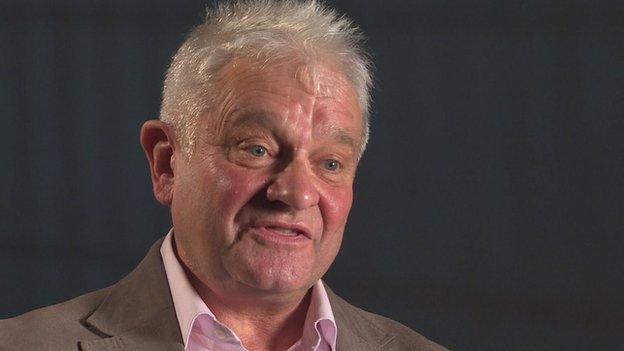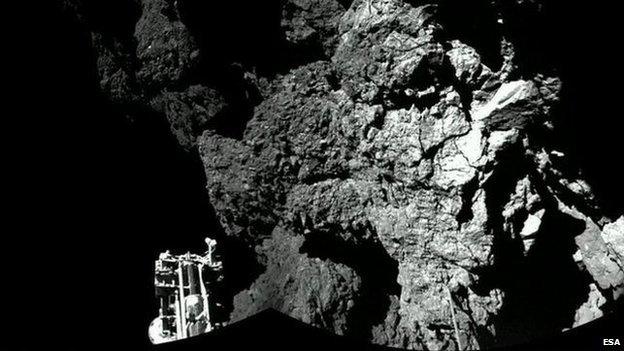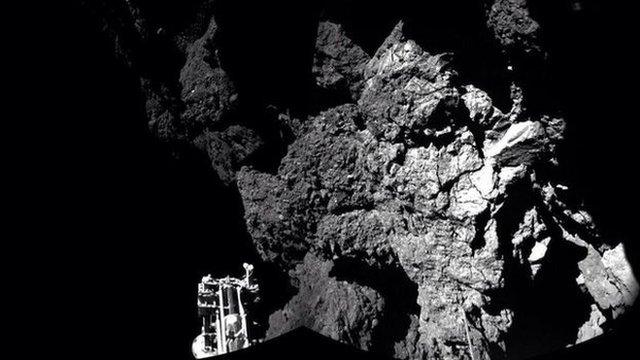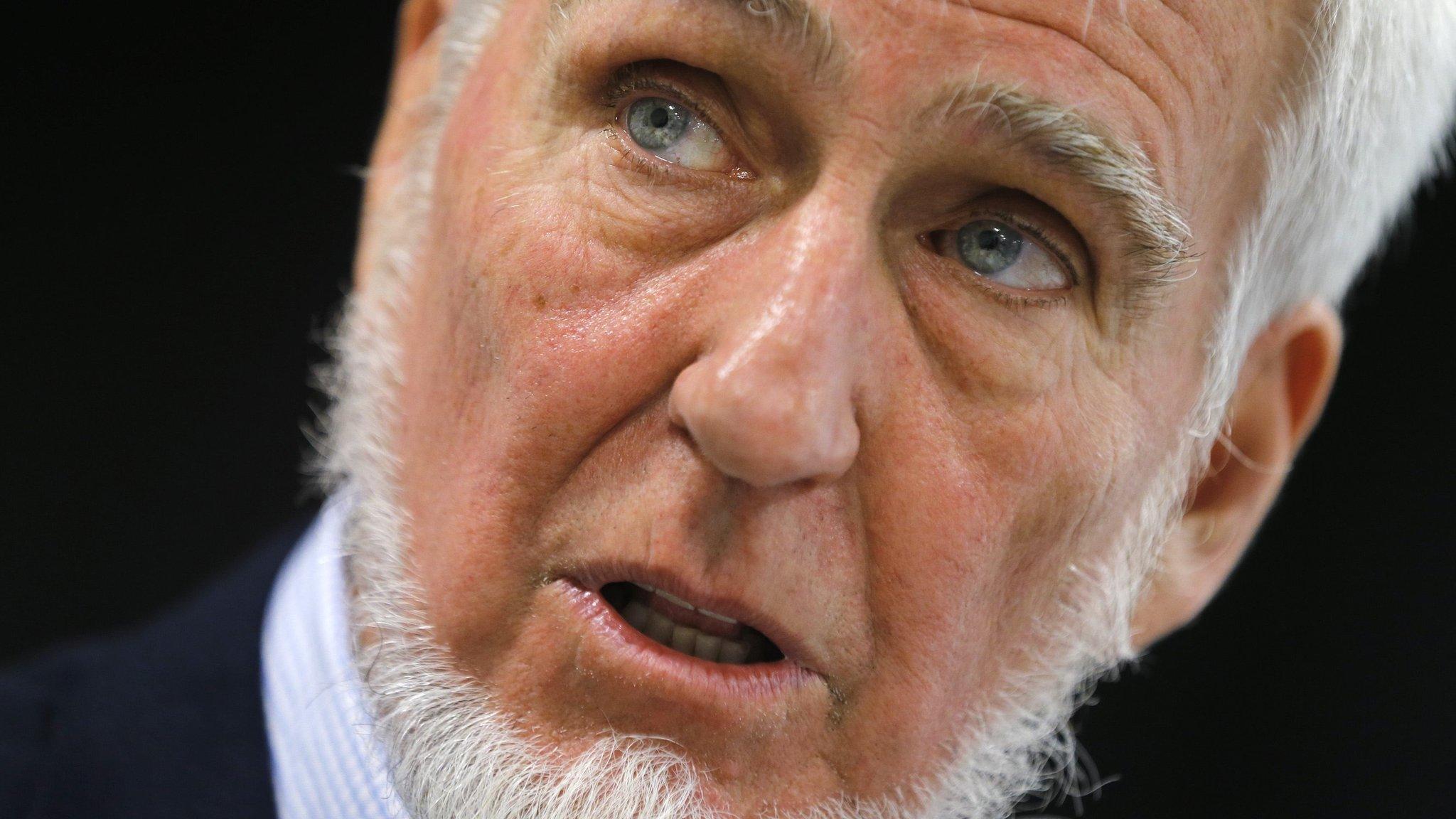Paul Nurse accuses politicians of 'cowardice' over scientific evidence
- Published

Politicians are "cowardly" in their repeated ignorance of scientific evidence that may be unpopular with the public, Sir Paul Nurse has said.
The Royal Society president and Nobel Prize-winning geneticist said politicians "must be honest" when disregarding scientists' findings.
He also warned "anti-immigration rhetoric" from certain political parties was damaging UK science.
He said top scientists from abroad were being put off working in Britain.
'Lack of leadership'
Sir Paul explained he feels "distressed" when scientists find clear evidence that contributes to a particular issue - such as drugs policy - only for politicians to ignore it "because they don't think it will play well with the public".
"It indicates a total lack of leadership on the politicians' part," he told BBC Newsnight's Evan Davis.
"They have the evidence in front of them but they sometimes are cowardly about using their intelligence and using our evidence to come to a leadership decision."
In October, a government report found there is "no obvious" link between tough laws and levels of illegal drug use, though Prime Minister David Cameron said he did not "believe in" decriminalising drugs.
The then Lib Dem Home Office minister Norman Baker accused the Conservatives of "suppressing" the findings for months.
Sir Paul said he appreciated politicians have to make decisions distinct from science, but argued they "must be honest" with scientists.
"I do think it's the responsibility of the politicians to listen to the scientists and transfer information [before they] say 'We're going to ignore it,'" he added.
'Anti-immigration rhetoric'
Sir Paul, who is also director of the Francis Crick Institute, described how the "very, very positive" effects of immigration on science were being lost in the current political dialogue.
He warned that the "constant anti-immigration rhetoric" from UKIP and "other mainstream parties" was damaging the UK's ability to recruit world-class scientists.
"Once again I think we have a political leadership issue. There are very good things about immigration - there's obviously difficult things too - and it's time we actually started talking about them.
Prime Minister David Cameron has pledged to reduce net migration to less than 100,000 a year, though Home Secretary Theresa May admitted this was "unlikely" as EU migration had "blown us off course".
Sir Paul said he felt the importance of European science initiatives should also be highlighted by the government, describing them as "extremely powerful and good for us".

The European Space Agency launched Philae, piggybacked to the Rosetta satellite, in 2004.
In November, the European Space Agency (Esa) successfully landed the Philae spacecraft on a comet, allowing it to gather scientific information from the surface.
'Money where mouth is'
Sir Paul also called for greater funding to the sciences, now that the "green roots" of economic recovery were beginning to show in the UK.
He said the cuts by inflation suffered by science over the last five years had been tolerated, but that if science is "at the beginning of economic growth... then you have to put money where your mouth is".
He argued the 0.6% of GDP spent on science in the UK compares poorly to the figure of 1% in Germany, despite successive governments being supportive of science "on the whole".
- Published14 November 2014

- Published30 October 2014

- Published7 October 2014
